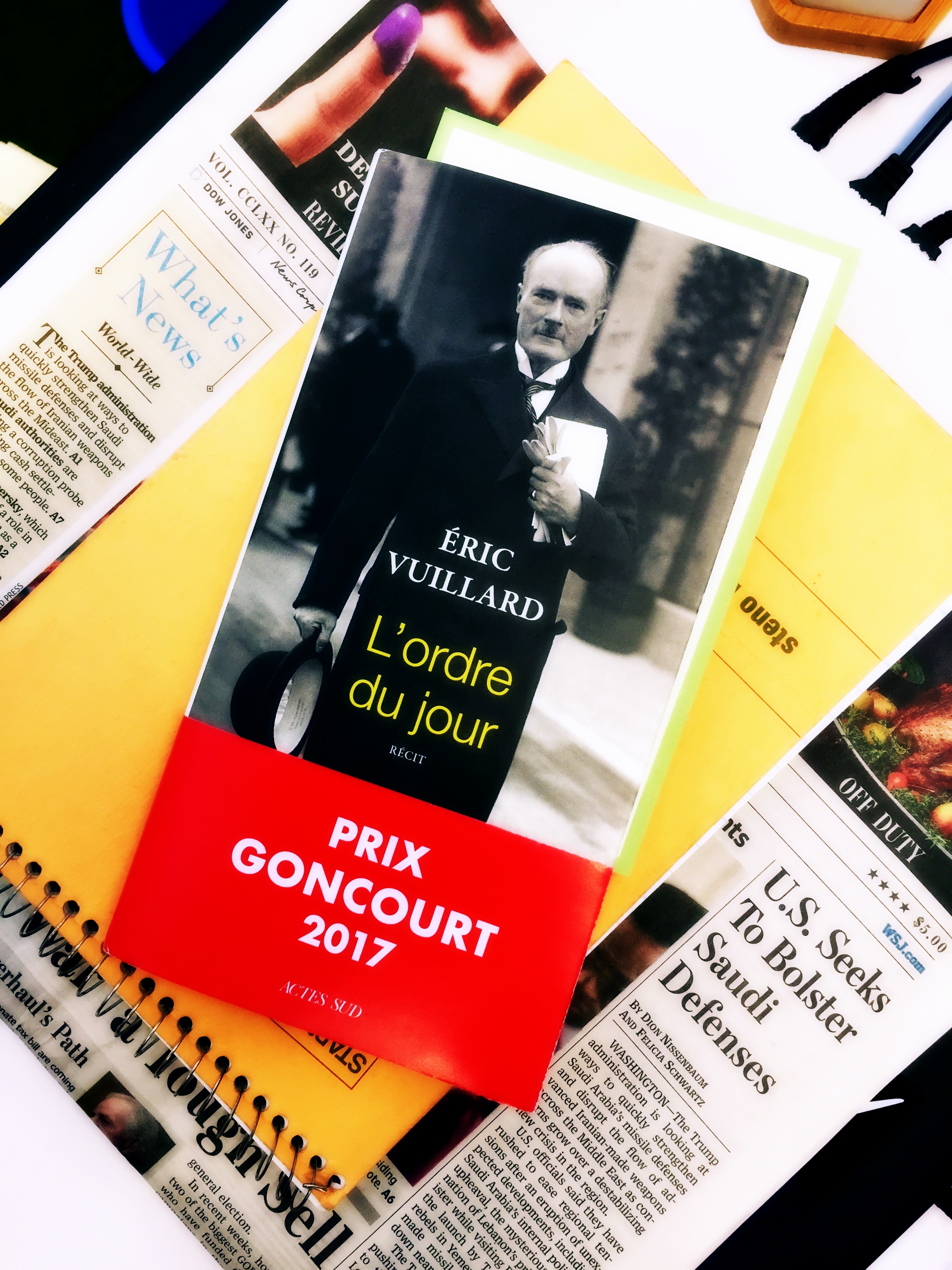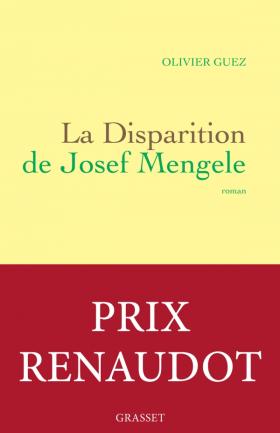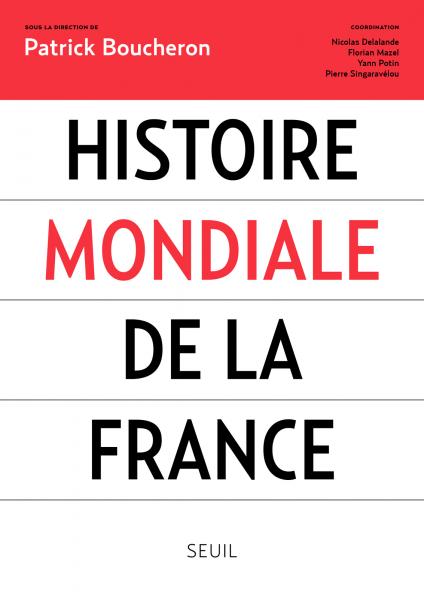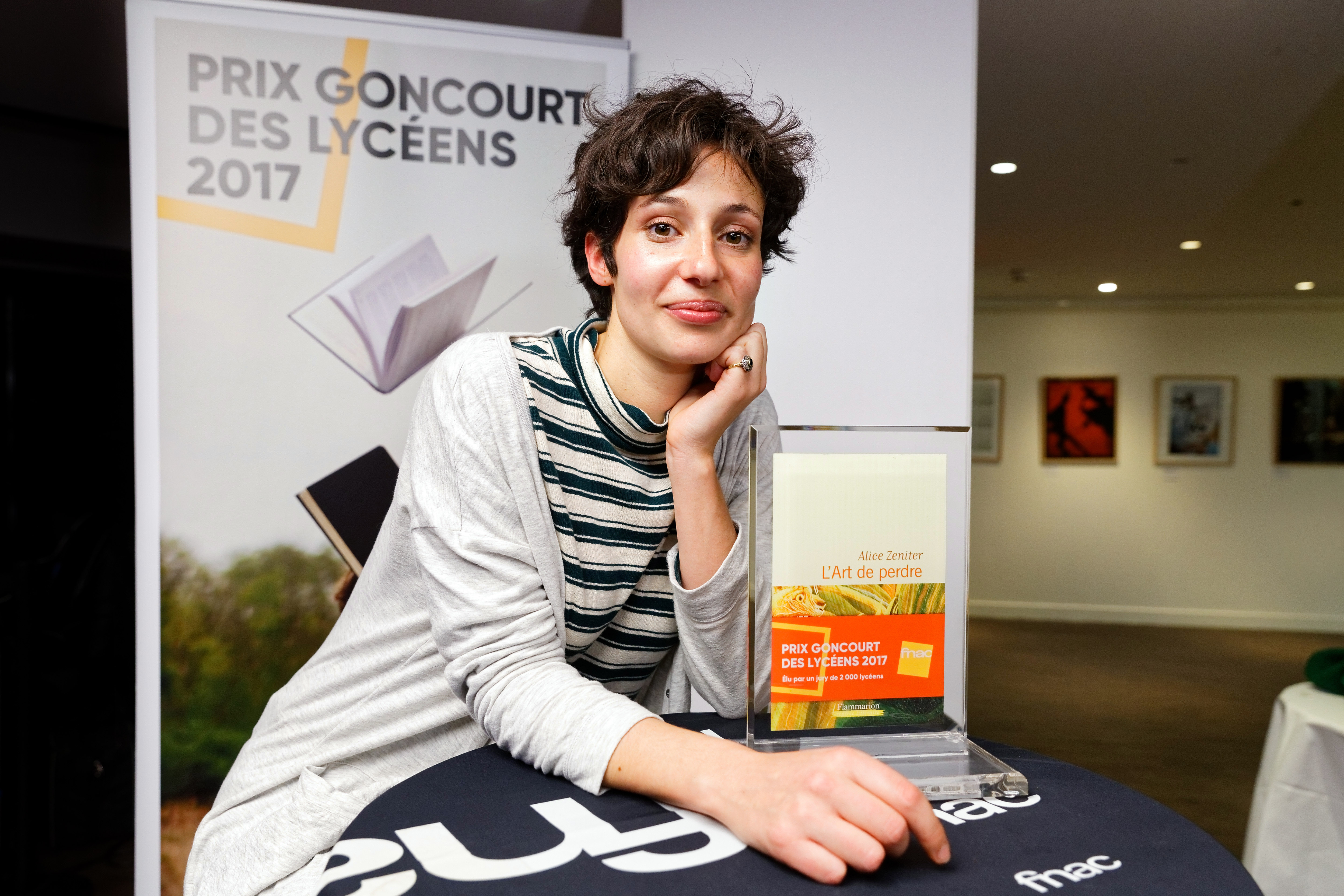2017 French literary season: innovative and unusual
READER CONTRIBUTIONS
This article was contributed by reader-member Michel Pasquier.
You too can provide the occasional article or suggest article topics as a member of MyFrenchLife™ – MaVieFrançaise®.
To become a member make sure that you sign up! See the red button top right of this site.
Autumn marks the commencement of the French literary season, therefore welcoming the year’s highest number of new publications – 581 in 2017, of which 390 were French.
There are around 2,000 literary prizes in France, of which 200 are national. These prizes are attributed by numerous judging panels, placing France ahead of Japan as the leading country worldwide for the number of literary distinctions awarded.
Cliquez ici pour lire cet article en français.The most prestigious literary prizes in France
This year is marked by an important innovation: the first prizes attributed, which are amongst the most prestigious, don’t acclaim novels, but rather historical accounts.
1. French literary season: The Goncourt Prize – a historical account
 The Goncourt Prize, the oldest accolade of all, created to honour
The Goncourt Prize, the oldest accolade of all, created to honour
le meilleur ouvrage d’imagination en prose*,
is today celebrating Eric Vuillard’s ‘L’Ordre du jour’, published by Actes Sud.
The book depicts a short, cutting account of the rise of Nazism. It opens with a meeting on 20 February 1933 during which Hitler asks 20 great leaders of German industry to support him – and they do.
The story continues with Germany’s annexation of Austria in 1938, recounting little known historical events such as the meeting between Adolf Hitler and the Austrian Chancellor Schuschnigg, or the breakdown of many German tanks, delaying the invasion of Hitler’s troops on Austria.
The story demonstrates how the economic sector can promote a short-term benefit, whilst purposefully choosing to forget the consequences of its acts. It also serves to demystify historical facts, identified by both their tragic and grotesque characteristics in certain selected scenes.
You’d be mad to miss this short and elegant book!
Time to read? Buy here:En français – ‘L’Ordre du jour’ by Eric Vuillard
2. French literary season: The Renaudot Prize – investigative research

Like the Goncourt prize, the Renaudot prize was also awarded to a story focused on the Second World War – ‘La Disparition de Josef Mengele’ by Olivier Guez, published by Grasset.
The account tells of the escape of, and hunt for, former Auschwitz SS doctor Josef Mengele, having fled to South America.
Mengele was never arrested and is said to have died in 1979, drowned on a beach in Brazil.
The book is based on extensive investigative research. It combines the narration of historical facts with the author’s own imagination, going so far as to envisage the dreams of the Nazi physician.
And, it romanticises historical facts and aims to portray what life was like for a war criminal evading capture.
This book is a gripping page-turner!
Time to read? Buy here:En français – ‘La Disparition de Josef Mengele‘ by Olivier Guez
3. French literary season: The Lycéens Goncourt Prize and the Le Monde literary prize – an autobiography
Published by Flammarion, Alice Zeniter’s ‘L’Art de perdre’, was amongst other prizewinners.
The book received the Le Monde literary prize and the Prix Goncourt des Lycéens, which although more recent and less prestigious than the Goncourt Prize, surpassed the latter in sales.
In this fictionalised family autobiography, the author recounts the life of a family torn between France and Algeria.
The grandfather was a Harki, serving as an Auxiliary in the French army. Following Algerian independence in 1962, he re-joined France, contrary to the many others resigned to a more miserable fate.
Alice Zeniter describes the oppressive silence and military violence weighing on the family since leaving Algeria. She also demonstrates the culture shock experienced on arrival in France. So, through re-discovering an unknown past, Zeniter contributes to constructing identity.
If Alice Zeniter had an urge to write this book, we all have a duty to read it!
Time to read? Buy here:En français – ‘L’Art de perdre‘ by Alice Zeniter
French literary successes and the importance of history in France
 The literary success of these three books reflects numerous aspects of French society. It expresses France’s constant interest in history and its teaching. Even if this has been somewhat neglected in recent years.
The literary success of these three books reflects numerous aspects of French society. It expresses France’s constant interest in history and its teaching. Even if this has been somewhat neglected in recent years.
The prizes also demonstrate France’s longly anticipated wait for an objective vision of contemporary history, principally its own history, contrary to the majority of Anglo-Saxon countries.
The history of France is often subject to heated debates and even constitutes a political concern as it helps to forge a national identity.
‘L’Histoire mondiale de la France’, a major reference work directed by historian Patrick Boucheron and published by Seuil in 2017, was the object of numerous controversies.
The book proposes an original version of the history of France by linking it to events in world history.
Yet, despite the debates and controversies, history retains its rightful place in France.
Many share Marguerite Yourcenar’s vision:
Le coup d’Œil sur l’Histoire (…) vous donne des perspectives sur votre époque et vous permet (…) d’y voir davantage les problèmes qui sont les mêmes ou les problèmes qui diffèrent ou les solutions à y apporter.**
What do you think of the prize winners from this year’s French literary season? Is the teaching of history important in French literature? – why? Please share your thoughts and comments in the box below.
*The best work of imaginative fiction.
**Reflecting upon history (…) gives us perspective on our own time, and allows us (…) increased insight into the same problems, differing problems, or solutions to be applied. Translated by Beth Holding. Image credits:
1. Bookshop, via Flickr
2. L’ordre du jour, via Flickr
3. La disparition de Josef Mengele, via grasset.fr
4. Alice Zeniter, via Flickr
5. L’Histoire mondiale de la France, via seuil.com









I thoroughly enjoyed reading this article – thanks so much for sharing it with us, Michel. I’m an avid literature fan, but I must admit that I regularly let la rentrée littéraire pass me by (which is a real shame)! I found your account of the top prizewinners engaging, factual, and very comprehensive – it’s a great insight into the French literary scene. I personally believe that every country must have a strong and active awareness of its own history in order to move forward and progress – socially, culturally, economically etc. History forges identity, culture, and a sense of collective nation. In order to understand our present, we must first understand our history.
Bonjour Michel
I really enjoyed your article, thanks. Its a great insight for us francophiles as to what’s happening in the world of French literature.
The trend from novels to historical stories, as shown by the 3 prizes you highlight, prompted me to reflect on my French language learning journey. In the early days of my French language studies, I was searching for more and more interaction, more and more conversation.
As you may know, I established a French conversation group to facilitate that… Then I found that in order to understand the language I needed to understand more about French history and culture to put it all in context. For example, the importance of voicing your opinion is much greater in French than in English and this is cultural and in fact historical – going way back.
This creates a challenge when learning French as if you can’t express your opinion and in fact defend your opinion in French you (almost) don’t exist. It’s that important! By contrast in English these days we get very caught up with manners and political-correctness. As a result, we often, just nod and let the opportunity to voice our opinion pass. If we ‘disagree’ with others we’re often thought to be rude… Such a contrast!
I see this strong right (and necessity) of the French people to hold and express your opinion reflected in the way you love to demonstrate to display that disagreement leading to frequent manifestations… We strike in Australia, but not in the same way. Not as often, Not as many people, and Not as enthusiastically. To you in France, I believe it’s like a birth-right! Whereas our history is different.
And coming back to my earlier point… as literature is a reflection of culture, I agree that the teaching of the history of a country is key to great literature.
One question I have for you Michel is more about the timing of this change – why do you think this change is occurring now?
Thank you for sharing this insight into what is happening in the French literary scene. I must admit I have not followed French literature enough since completing my university degree when reading various literary works was a mandatory part of the course – something which I really should make more of a regular habit, and reading your article has inspired me to do more of, so thank you! I will certainly try!
My university research really taught me so much about French history and how the country came to be shaped the way it is today, so I am certainly of the opinion that studying works of literature was key in assisting my overall understanding and learning of the French language.
After all the French feel very strongly about their history, so we should appreciate that and let it be a part of their teachings to others.